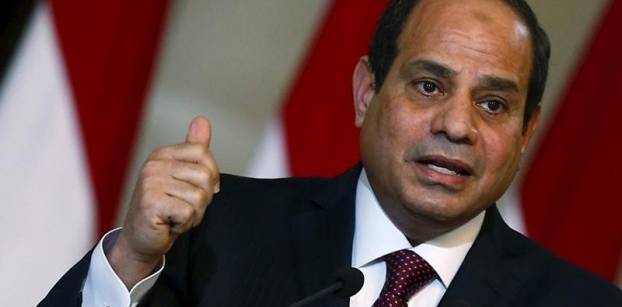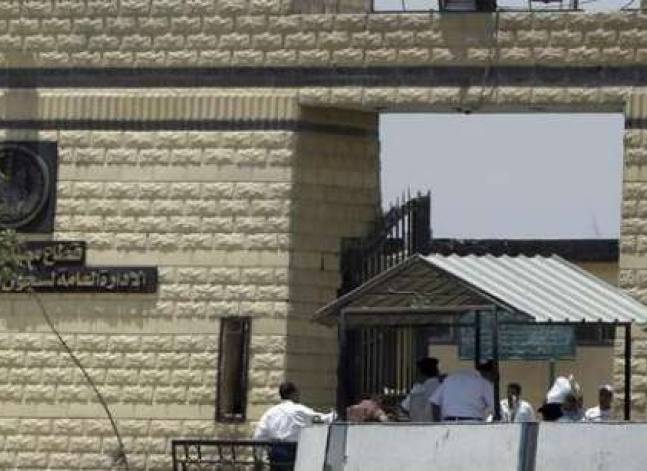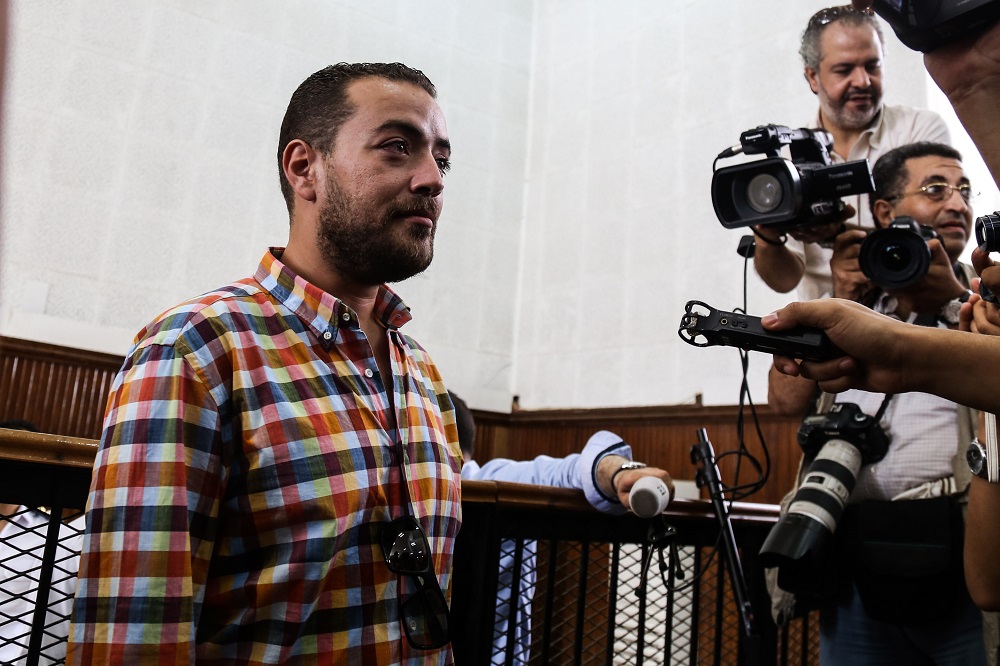Latest NEWS
- Aswat Masriya, the last word
- Roundup of Egypt's press headlines on March 15, 2017
- Roundup of Egypt's press headlines on March 14, 2017
- Former Egyptian President Hosni Mubarak to be released: lawyer
- Roundup of Egypt's press headlines on March 13, 2017
- Egypt's capital set to grow by half a million in 2017
- Egypt's wheat reserves to double with start of harvest -supply min
- Roundup of Egypt's press headlines on March 12, 2017
Sisi issued 10 pardons since he took office in 2014
CAIRO, Jul 6 (Aswat Masriya) - On the occasion of Eid al-Fitr celebration, Egypt's President Abdel Fattah al-Sisi pardoned 649 prisoners in what marks the 10th presidential pardon he issued since he took office in June 2014.
The Egyptian constitution grants the president the power to pardon detainees as per Article 155, which stipulates that “after consultation with the Cabinet, the President of the Republic may issue a pardon or reduce a sentence.”
Back in 2014, Sisi pardoned a total of 755 prisoners on the the occasions of the 62nd anniversary the July 23 revolution, in which military officers toppled the monarchy, and the 41st anniversary of the 1973 war with Israel.
In 2015, Sisi issued five pardons, two of which were granted to Sudanese nationals who illegally crossed Egypt’s borders.
Since the beginning of 2016, Sisi pardoned a total of 2,092 prisoners on the occasions of the fifth anniversary of the 2011 Uprising; Sinai Liberation Day; and Eid al-Fitr, which marks the end of the Holy month of Ramadan.
Among the most welcomed presidential pardons was the one issued last September for 100 people including high-profile activists and journalists.
Activists Sanaa Seif and Yara Sallam and journalists Mohamed Fadel Fahmy and Baher Mohamed, who worked for the Qatari television network Al Jazeera English, were released then.
Amnesty decisions exclude prisoners jailed on charges of bribery, human trafficking, drugs, prostitution, espionage, spying, murder and defendants accused of harming state security.
According to legal expert Tarek Nagida, pardons were introduced in Egypt before the July 1952 revolution, under the monarchy.
They usually come in conjunction with national occasions and celebrations, he added.
Among the main conditions for amnesty is that prisoners serve at least half their sentences and demonstrate good behaviour, Nagida said, pinpointing that Sisi’s pardons over the past years did not include political prisoners jailed on charges related to protets or freedom of expression.
Since a protest law that imposes restrictions on protests was introduced in November 2013, many Egyptians, mostly youth, have been detained and convicted of violating the law and protesting without obtaining prior approval from the interior ministry.
Local human rights activists have long called for the release of people imprisoned in connection with the protest law.
During a televised interview last June, Sisi said that 90 per cent of those in the country's jails are imprisoned on criminal charges, not for political reasons, adding that he "will look into the cases of the rest," referring to a remaining 10 per cent of detainees who are allegedly in prison on political charges.















